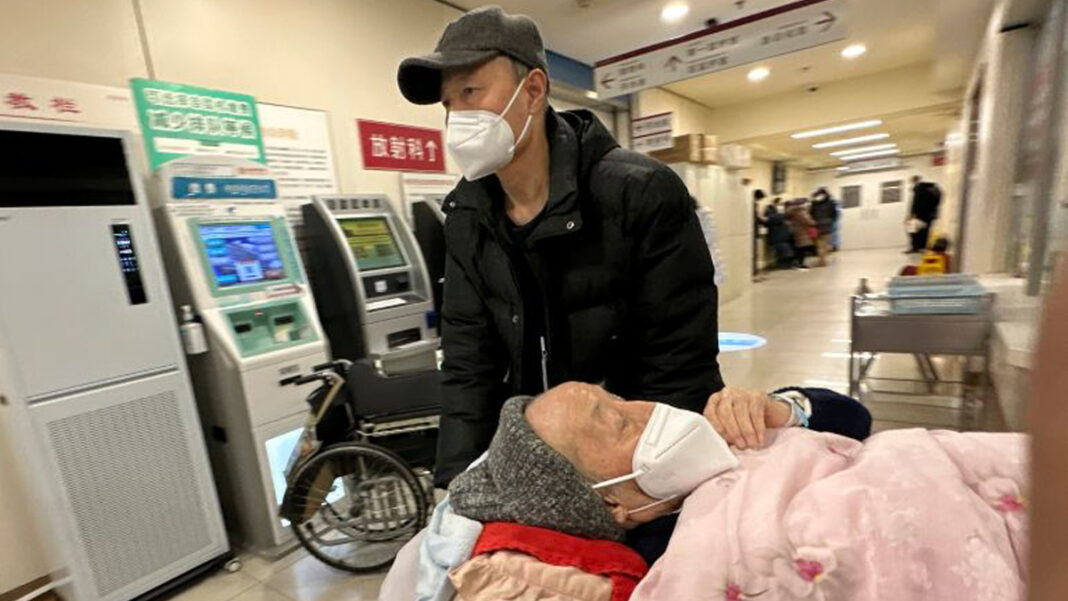One of China’s most populous provinces has deleted mortality data that offered an indication of the heavy death toll from Beijing’s relaxation of Covid-19 controls at the end of last year.
The statistics reported by Zhejiang province on Thursday showed the number of cremations in the wealthy coastal region during the first quarter jumped 73 per cent from a year earlier to 171,000.
The figure was well above the 99,000 and 91,000 deaths reported in the same period in 2022 and 2021 respectively. By Monday, after the statistics had attracted attention on Chinese social media, Zhejiang had pulled the information offline.
Hospitals and crematoria were inundated with Covid patients after Beijing reversed its pandemic policy in December but Chinese officials have not published detailed and accurate statistics that would allow researchers to better assess the deadly spread of the virus through the population.
For nearly two weeks in December, the country reported no Covid-19 deaths in daily updates, even as bodies piled up in hospitals and crematoria. Chinese health authorities at the time narrowed the definition of what constituted a death from the virus and told local governments to keep “Covid-19″ off death certificates to limit reported numbers.
In early January, the World Health Organisation accused China of underrepresenting the severity of its coronavirus outbreak and the real number of deaths.
At the time, Chinese health officials dismissed concerns of underreporting, promising to study and make public excess death data which could be used to “assess any possible underestimation”.
“For this Covid-19 wave, we have a team studying excess deaths and we will provide this information to the public,” Wu Zunyou, chief epidemiologist at the Chinese Centre for Disease Control and Prevention, said in a late December press briefing.
Seven months later, however, China has not released any excess death data. Aside from rough estimates of annual deaths by the state planning agency, the local-level cremation data is the country’s only publicly available statistic for tracking the number of deaths. Nearly everyone who dies in urban areas is cremated as burials are banned.
Since the fourth quarter, statistics on the number of cremations have been systematically left off the dozens of quarterly reports published by local and national civil affairs bureaus. Some areas have even refrained from publishing the reports themselves, which also include information on the number of marriages, divorces and other population changes.
The Chongqing Civil Affairs Bureau in June said it had received notice from national authorities to “suspend publishing statistics” while the central government revamped methods for collecting data.
“On December 8th, Xi decided to lift all Covid controls with no preparation, one of the main reasons so many people died,” said Willy Lam, a senior fellow at think-tank The Jamestown Foundation.
Zhejiang’s data was just the tip of the iceberg, he said. “Publishing all of this death data would be very useful to researchers but it would affect Xi Jinping’s standing and show how his administration mishandled the sudden lifting of zero-Covid controls,” he said.
China’s most recent data on Covid deaths comes from a mid-January report by the National Health Commission, which said nearly 60,000 people had died from the virus in healthcare facilities during the first five weeks of reopening.
Research groups, such as Airfinity, estimate Covid deaths during those early weeks were roughly 10 times the NHC figures.
– The Financial Times

